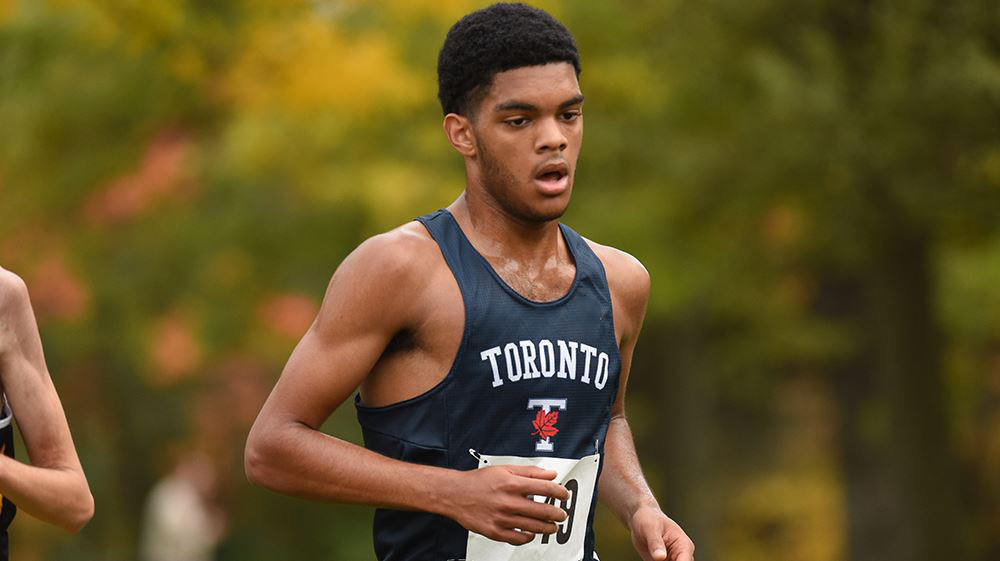Janelle Joseph, who runs the Indigeneity, Diaspora, Equity and Antiracism in Sport (IDEAS) lab at the University of Toronto, is partnering with the Ontario University Athletics (OUA) to explore the experiences of student athletes, coaches and sport administrators with racism.
“With 9,500 student athletes, 200 coaches and 2,000 athletic staff, OUA is an ideal focus of research and action on anti-racism in sport and in education,” says Joseph, an assistant professor in the Faculty of Kinesiology and Physical Education (KPE). “By looking into the demographics and experiences of student athletes, coaches and sport administrators with racism, we are hoping to contribute to the development of anti-racist policies, practices and trainings within the OUA.”
The study was originally inspired by the experiences and actions of the Black, Biracial and Indigenous (BBI) task force of the OUA and members of the Black Canadian Coaches Association (BCCA), which collected anecdotal evidence about racial inequities in University Sport (USport). A 2020 report by the BBI task force, for example, revealed there are no Black athletic directors in OUA or USport.
Meanwhile, research by KPE’s Peter Donnelly and Madison Danford showed racialized student athletes were underrepresented in every sport and team examined at nine Canadian universities in comparison to their numbers in the student population at their university.
The OUA anti-racism project, which launched Feb. 1, will focus on four main questions:
- What are the racial demographics of the OUA membership?
- How are racism and anti-racism perceived and experienced in the sport community?
- What role do post-secondary educational institutions play in experiences of racism and anti-racism in sport?
- How can anti-racism be improved in the sport community and in post-secondary educational institutional settings?
“The information we collect will help to identify and refine strategies to advance efforts within OUA for an inclusive and safe community where all people, regardless of race or other socially determined circumstance, have equal opportunities to achieve their full potential for health, well-being and academic and athletic success,” says Sabrina Razack, a doctoral student in KPE who is working with Joseph on the project.
Also helping out with the project are members of U of T’s BIPOC Varsity Association (BVA), a group that was founded in the summer of 2020 by Varsity Blues athletes and alumni shortly after anti-Black racism protests gripped Canada. They established 21 goals, including collecting race-based data.

Alexander Bimm, a Varsity Blues athlete and fifth year student of urban studies, co-founded U of T’s BIPOC Varsity Association (BVA), whose members will be assisting KPE's IDEAS lab with the OUA anti-racism project (image courtesy of Martin Bazyl)
“The collection of demographic data is one of BVA’s objectives, but we haven’t had the means to do this on our own,” says Alexander Bimm, a fifth-year urban studies student and Varsity track and field athlete who is one of the co-founders of the association. “When we found out that OUA and the IDEAS lab were leading a project looking into that very matter, many of us signed up to help. It’s exciting to be a part of this project and I’m hopeful that it will lead to some ground-breaking initiatives across OUA.”
Joseph says the goal of the study will be to increase the capacity of BIPOC student-athletes to have positive experiences and help them develop the potential to advance into coaching and staff positions.
“The outcomes of this research have the potential to transform the demographics and experiences of student athletes, coaches and sport administrators in Ontario and throughout Canada,” says Joseph.
“Ultimately, this research will lead to greater athletic, leadership and academic achievements and improved overall wellness.”
